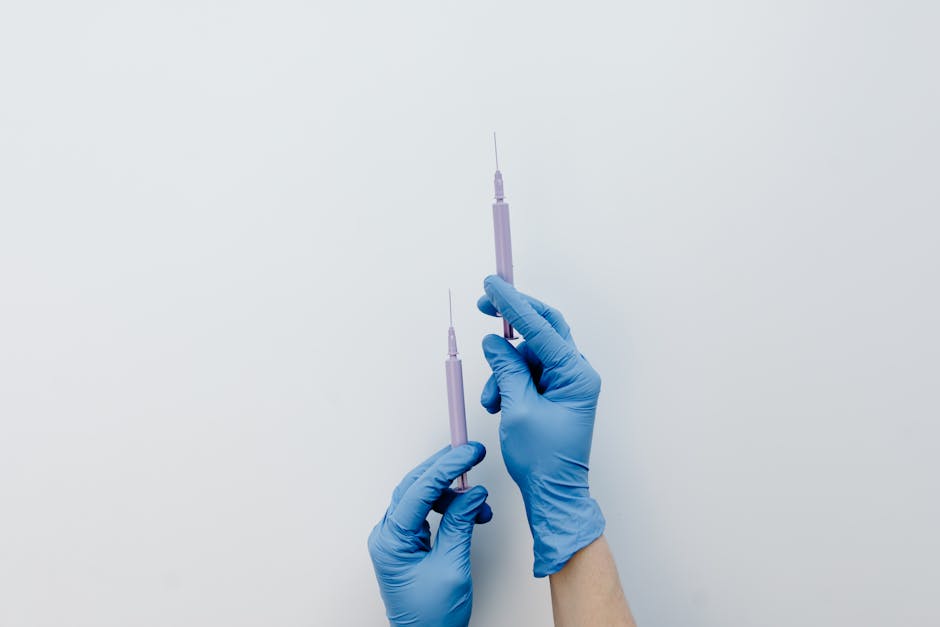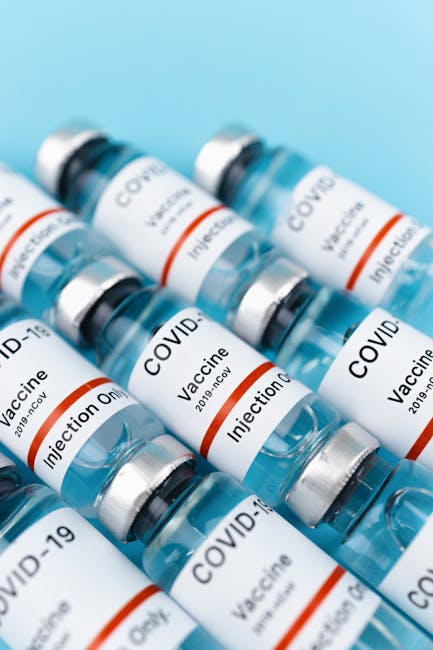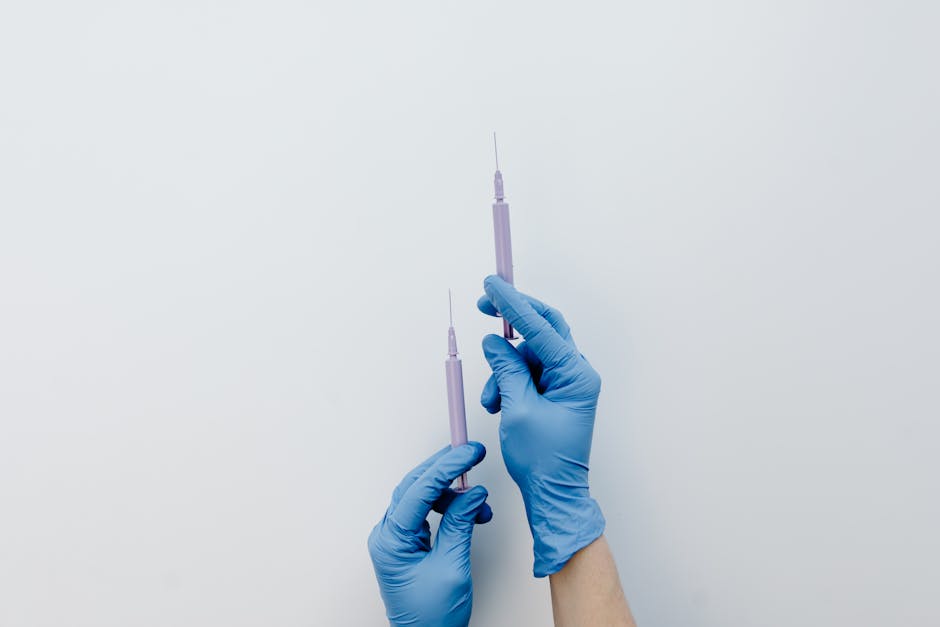COVID-19 Vaccines and the FDA: A Comprehensive Guide to Safety, Efficacy, and Approval Process
The development, authorization, and distribution of COVID-19 vaccines were unprecedented events in modern history. The speed at which these vaccines were created and rolled out sparked both excitement and apprehension. Central to the process was the Food and Drug Administration (FDA), the agency responsible for ensuring the safety and efficacy of medical products in the United States. This comprehensive guide explores the FDA’s role in the COVID-19 vaccine approval process, addressing common concerns and providing clarity on the rigorous scientific standards employed.

The FDA’s Role in Vaccine Development and Approval
The FDA’s involvement in the COVID-19 vaccine development began long before the first doses were administered. Their role encompassed several crucial stages:

- Pre-clinical Testing: Before human trials, vaccine candidates underwent extensive laboratory and animal testing to assess their safety and potential efficacy.
- Clinical Trials (Phase 1, 2, and 3): These trials involved thousands of participants who received the vaccine or a placebo. Data on safety, side effects, and effectiveness were meticulously collected and analyzed.
- Data Review and Analysis: The FDA rigorously reviewed the data submitted by vaccine manufacturers, employing independent experts to ensure the integrity and accuracy of the findings.
- Emergency Use Authorization (EUA) and Full Approval: Given the urgency of the pandemic, many vaccines initially received Emergency Use Authorization (EUA). This allowed for widespread distribution while the manufacturers continued to gather data for full licensure. Full approval followed once the FDA was satisfied with the comprehensive safety and efficacy data.
Understanding Emergency Use Authorization (EUA)
The EUA process allowed for the rapid deployment of vaccines during the pandemic. While it bypassed some aspects of the traditional approval process, it did not compromise safety. The FDA imposed strict requirements, demanding substantial evidence of safety and efficacy. The EUA was contingent on the continued monitoring of the vaccine’s performance and safety after deployment.
Addressing Common Concerns about COVID-19 Vaccines
Many concerns have been raised regarding the safety and efficacy of COVID-19 vaccines. Let’s address some of the most prevalent ones:
Safety Concerns:
- Vaccine side effects: While some individuals experience mild side effects (pain at the injection site, fever, fatigue), serious adverse events are extremely rare. The FDA meticulously monitors vaccine safety through a robust surveillance system.
- Long-term effects: Extensive data analysis hasn’t revealed any significant long-term health issues associated with the authorized vaccines.
- Allergic reactions: Severe allergic reactions are rare but can occur. Individuals with a history of severe allergic reactions should consult with their healthcare provider before receiving the vaccine.
Efficacy Concerns:
- Vaccine effectiveness against variants: Vaccine efficacy can vary against different variants. Booster shots and updated vaccines have been developed to address the evolving nature of the virus.
- Individual responses: The effectiveness of the vaccine can vary slightly from person to person.
The FDA’s Ongoing Monitoring of COVID-19 Vaccines
The FDA’s responsibility doesn’t end with authorization or approval. The agency continues to monitor the safety and effectiveness of COVID-19 vaccines through several mechanisms, including:
- Vaccine Adverse Event Reporting System (VAERS): This system allows healthcare providers and the public to report any adverse events following vaccination.
- Post-market surveillance: Ongoing studies and data collection track the long-term safety and efficacy of the vaccines.
- Clinical trials for updated vaccines: The FDA continues to evaluate updated vaccines to address emerging variants and improve protection.
Transparency and Public Access to Information
The FDA maintains transparency by making significant data and information available to the public. Their website provides detailed information on the approval process, clinical trial data, safety monitoring, and ongoing research. This commitment to transparency is crucial for maintaining public trust and ensuring informed decision-making.
Conclusion
The FDA played a critical role in ensuring the safe and effective deployment of COVID-19 vaccines. Despite the unprecedented speed of the process, the agency adhered to rigorous scientific standards, prioritizing public health and safety. The ongoing monitoring and transparency demonstrate the FDA’s dedication to protecting the public from potential risks associated with vaccination. It’s crucial to rely on reputable sources like the FDA website for accurate information and to consult with a healthcare provider to address any individual concerns.


